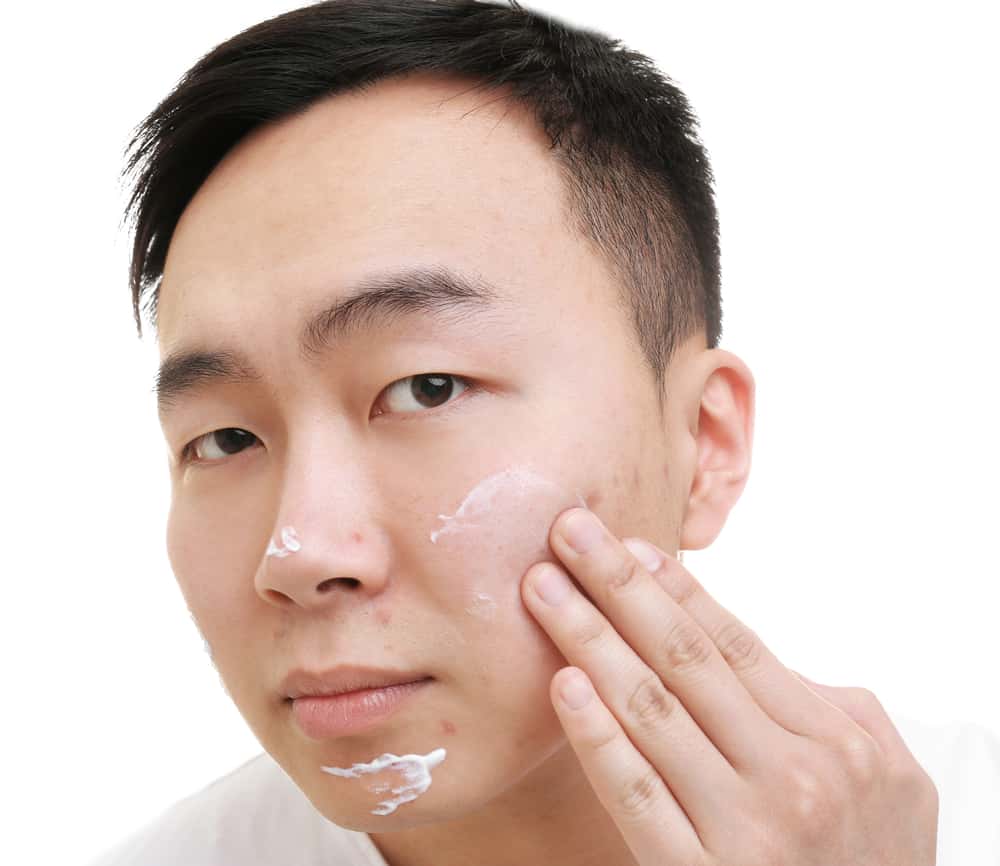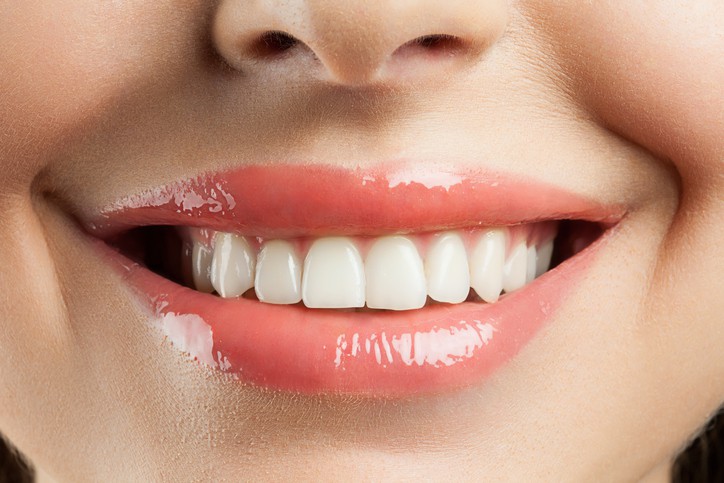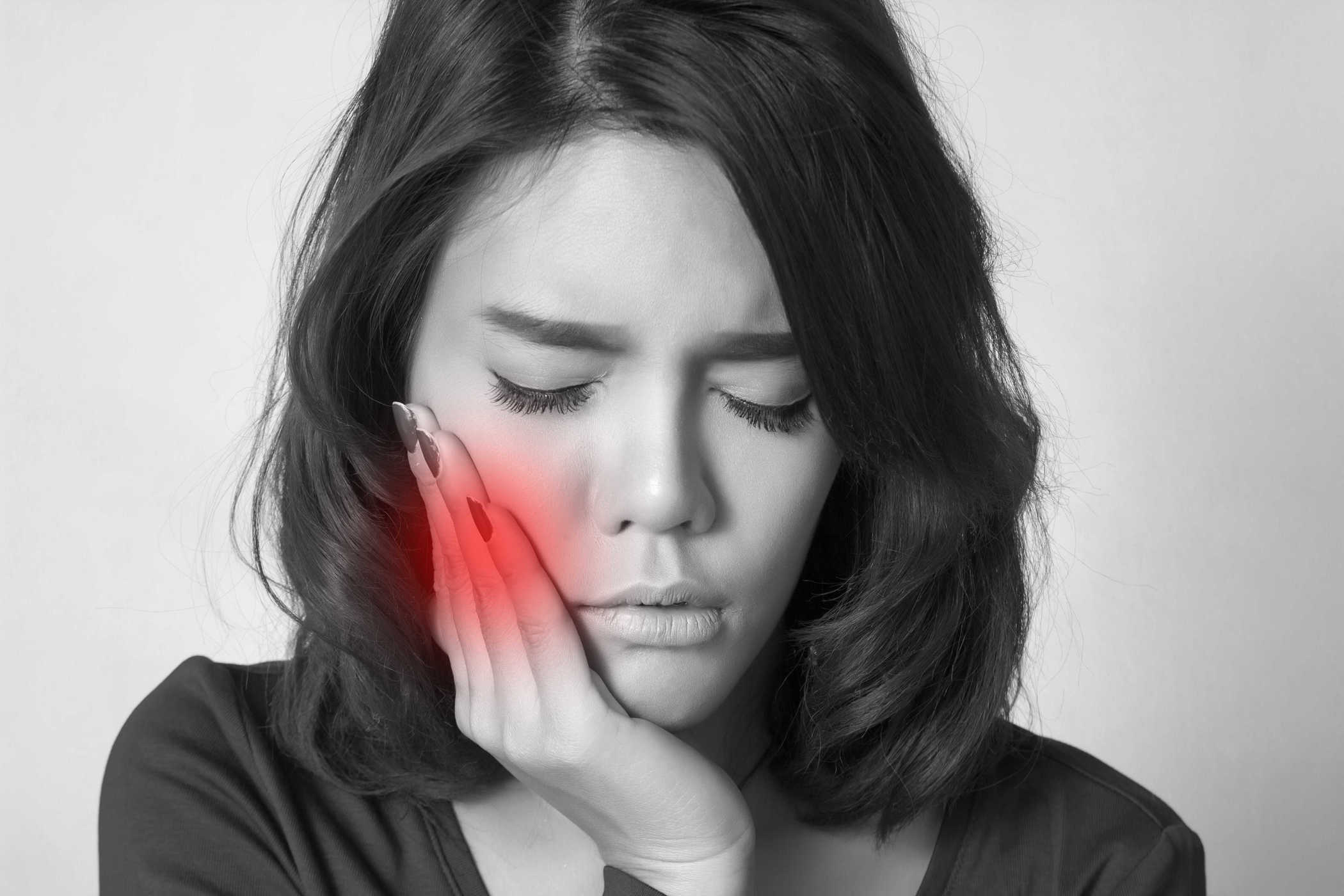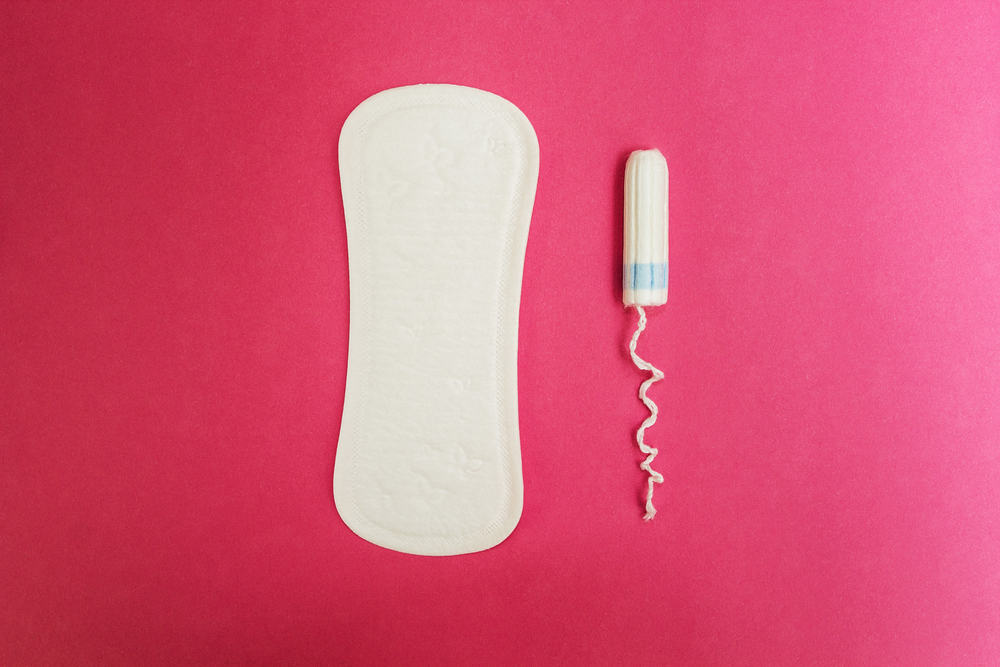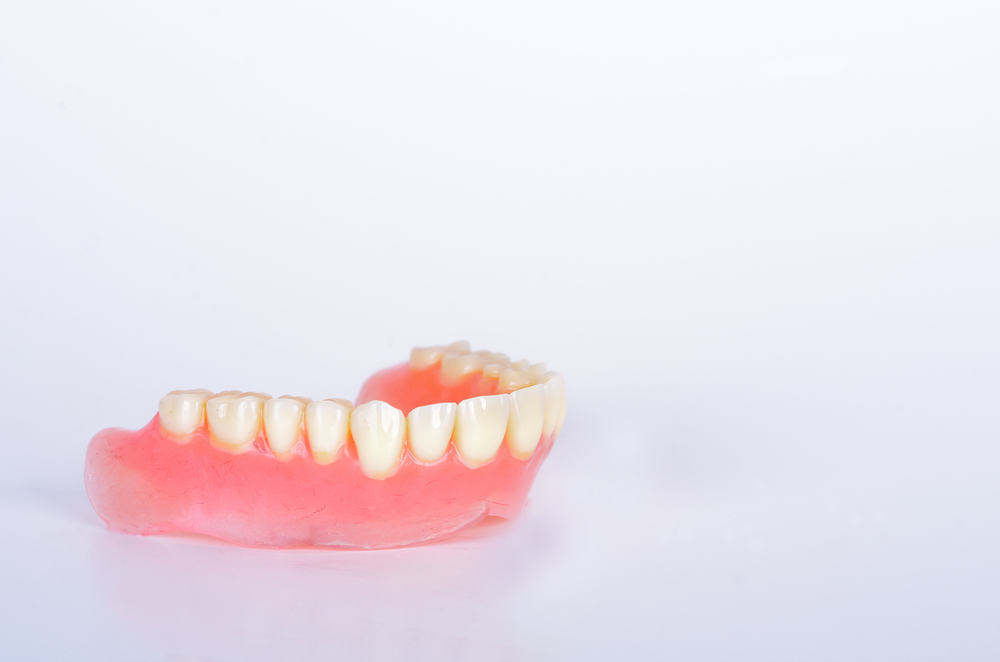Contents:
Medical Video: Human Growth Hormone for Fitness and Stamina in Men
Definition
What is growth hormone?
Growth hormone (GH) test measures the amount of GH in the blood. GH is produced by the pituitary gland and is needed for growth. GH has an important role in how the body uses food for energy (metabolism). The amount of GH in the blood changes in daily life and is affected by exercise, sleep, stress, and diet. Too much GH in childhood can cause children to grow taller than normal (gigantism). Too little GH in childhood can cause children to grow less than normal (dwarfism). Both conditions can be treated if known early.
In adults, too much GH is caused by non-cancerous tumors in the pituitaru gland (adenoma). Too much GH can cause facial bones, jaws, hands and feet to grow larger than normal (acromegaly). Growth hormones can cause the release of other substances (factors) that affect growth and metabolism. One of which is insulin-like growth factor 1 (IGF-1). When the GH level is very high, IGF-1 levels are also very high. Tests for IGF-1 can also be done to confirm the high level of GH.
When do I have to undergo growth hormone?
Growth hormone tests are performed on children when there are signs and symptoms of growth hormone deficiency (GHD), such as:
- growth rate which slows down at the beginning of childhood
- shorter body than other children of the same age
- late puberty
- Late bone development (can be seen on X-rays)
Stimulation tests can be performed on adults when there are signs and symptoms of GHD and / or hypopituitarism, such as:
- lack of bone density
- fatigue
- back lipid changes, such as high cholesterol
- lack of tolerance to exercise
Prevention & warning
What should I know before undergoing growth hormone?
Because GH is released in large amounts in the pituitary gland at one time (bursts), measuring GH levels in samples collected at unspecified time is not very useful. There is too much overlap between abnormal results and normal daily variations. GH levels will usually be high in the morning and increase with exercise and stress.
Factors that can affect GH examinations include:
- drugs that can increase GH (examples: amphetamine, arginine, dopamine, estrogen, glucagon, histamine, insulin, levodopa, methyldopa, and nicotinic acid)
- drugs that can reduce GH levels (for example: corticosteroids and phenothiazine)
Please note that most cases of short body are not caused by lack of GH. This condition can be related to family characteristics, various conditions and diseases, and other genetic disorders. It is important for you to know the warnings and precautions before carrying out this test. If you have questions, consult your doctor for further information and instructions.
Process
What should I do before undergoing growth hormone?
Any type of growth hormone test referred to, it is important to follow the preparation instructions. The doctor may ask you to:
- fasting several hours before the test
- use drugs that are prescribed a few days before the test
- exercise before the test
- stop treatment that can affect test results.
What is the process of growth hormone?
The level of growth hormone in the blood (GH) can change rapidly, so more than one blood sample can be taken on a different day. IGF-1 levels change more slowly, and may be the first test done.
Health care providers who take blood samples will:
- wrap an elastic belt around your upper arm to stop the blood flow. This makes the blood vessels under the bond enlarge making it easier to inject needles into the vessels
- clean the part to be injected with alcohol
- inject a needle into a vein. More than one needle may be needed.
- attach the tube to the syringe to fill it with blood
- remove the ties from your arms when taking blood is enough
- attach gauze or cotton to the injected part, after the injection is finished
- put pressure on the part and then put on a bandage
What should I do after undergoing growth hormone?
An elastic belt tied to your upper arm can feel tight. You may not feel anything when taking blood with a needle, or you may feel a little stung, or like being pinched. You can remove the bandages and cotton in 20 to 30 minutes. You will be notified of the date the test results will be issued. The doctor will explain what the test results mean. Follow your doctor's instructions.
Explanation of Test Results
What do the test results mean?
Normal:
Normal scores on this list (called reference ranges only serve as a guide. This range varies from one laboratory to another, and your laboratory may have a different normal score. Your laboratory report will usually contain what range they use. Your doctor will also check your test results based on your health condition and other factors, which means that if your test results are in the abnormal range in this guide, it could be in your laboratory or for your condition the score is in the normal range.
| Growth hormone (GH) | |
| Man | Less than 5 nanograms per milliliter (ng / Ml) (less than 226 picomoles per liter [pmol / L]) |
| Woman | Less than 10 ng / mL (less than 452 pmol / L) |
| Children | Less than 20 ng / mL (less than 904 pmol / L) |
High Score
High levels of GH may indicate the presence of gigantism or acromegaly (impaired excess hormone which results in larger bones). This condition is caused by a non-cancerous tumor in the pituitary gland (adenoma). IGF-1 levels should also be high.
High levels of GH can also be caused by diabetes, kidney disease, or starvation. These conditions do not cause high levels of IGF-1.
Low score
Low GH levels indicate:
- GH deficiency
- hypopituitarism (low function of the pituitary gland)
Hello Health Group does not provide medical advice, diagnosis or treatment.

